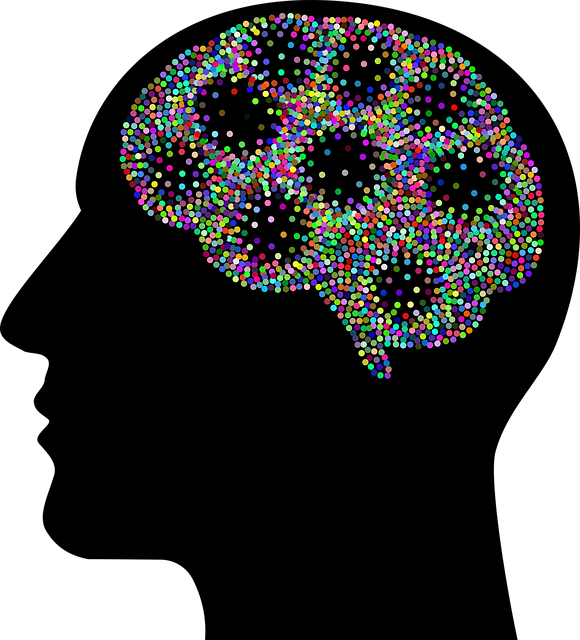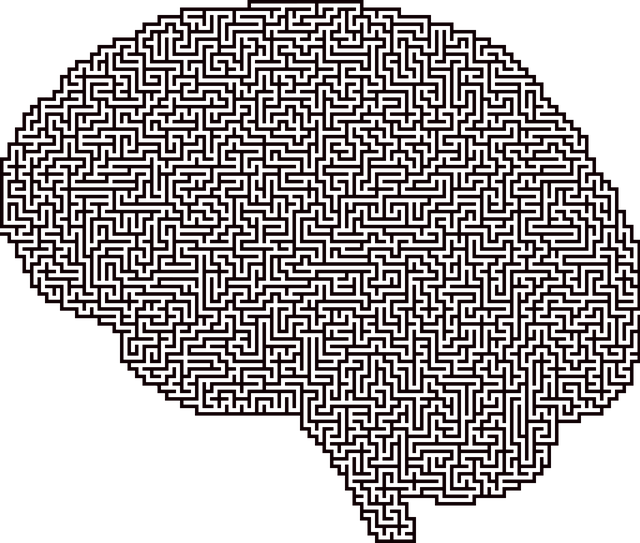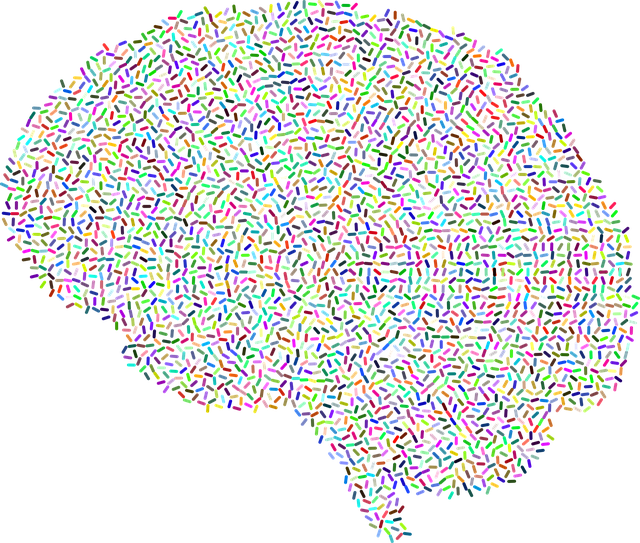Boulder Crisis Counseling Therapy (BCCT) is a structured, evidence-based approach for managing intense emotional distress, effective across diverse healthcare settings. Evaluating BCCT programs involves multifaceted methods including qualitative (e.g., Mental Wellness Journaling) and quantitative (structured interviews, statistical analysis) assessments. Researchers use both qualitative for deep insights and quantitative for trend identification in large datasets. Impact measurement includes short-term satisfaction/symptom changes and long-term mental health progress tracking. Continuous improvement through participant feedback is crucial, integrating trauma support and stress management tailored to community needs.
Mental wellness programs are essential components of modern healthcare, and effective evaluation methods are crucial for their success. This article explores the intricacies of evaluating mental health initiatives, focusing on the proven approach of Boulder Crisis Counseling Therapy (BCCT). We delve into assessment techniques, data collection methods, and evaluation strategies, both short-term and long-term. By understanding BCCT’s role and implementing rigorous evaluation practices, programs can continuously improve and better serve those in need.
- Understanding Boulder Crisis Counseling Therapy (BCCT) and its Role in Mental Wellness Programs
- Assessment Techniques for Evaluating Program Effectiveness
- Qualitative vs Quantitative Data Collection Methods
- Measuring Impact: Short-term and Long-term Evaluation Strategies
- Continuous Improvement: Using Feedback to Enhance BCCT Programs
Understanding Boulder Crisis Counseling Therapy (BCCT) and its Role in Mental Wellness Programs

Boulder Crisis Counseling Therapy (BCCT) is a structured and evidence-based approach designed to help individuals navigate through intense emotional distress and crisis situations. This therapy model plays a pivotal role in mental wellness programs, offering a proactive and comprehensive strategy for addressing psychological challenges. BCCT focuses on providing immediate support while also equipping clients with long-term coping mechanisms to enhance their overall well-being.
The effectiveness of BCCT lies in its ability to foster meaningful communication strategies, which are essential for building resilience and promoting self-esteem improvement. This therapy type is particularly valuable in diverse healthcare settings, ensuring that providers are culturally competent and better equipped to meet the unique needs of each client. By integrating BCCT into mental wellness programs, healthcare providers can offer tailored interventions, thereby facilitating positive outcomes and improving access to quality care.
Assessment Techniques for Evaluating Program Effectiveness

When evaluating the effectiveness of a mental wellness program, such as those offered by Boulder Crisis Counseling Therapy, a multifaceted approach is crucial. Assessment techniques should encompass both qualitative and quantitative methods to gain a comprehensive understanding of participant experiences and outcomes. Mental Wellness Journaling Exercises can serve as valuable tools, allowing individuals to reflect on their emotional states, thoughts, and behaviors over time, providing insights into the program’s impact on their mental health journey. Additionally, structured interviews and focus groups facilitate in-depth discussions, capturing participants’ perceptions of the program’s strengths and areas for improvement.
Beyond individual assessments, evaluating a program’s overall success requires examining broader indicators. This includes measuring changes in community mental health statistics, such as reduced emergency room visits related to psychiatric issues or decreased rates of substance abuse, which could be attributed to the effectiveness of programs like Boulder Crisis Counseling Therapy. Moreover, Healthcare Provider Cultural Competency Training plays a pivotal role in ensuring that services are accessible and tailored to diverse populations, thereby enhancing overall program efficacy. Resilience-building interventions, designed to equip individuals with coping mechanisms, can also serve as an indicator of successful mental wellness programming.
Qualitative vs Quantitative Data Collection Methods

In evaluating mental wellness programs like those offered by Boulder Crisis Counseling Therapy, researchers and practitioners often employ either qualitative or quantitative data collection methods, each with its unique advantages. Qualitative methods delve deep into participants’ experiences, perceptions, and narratives, providing rich insights into subjective well-being improvements and the impact of interventions on individuals’ lives. This approach is particularly valuable for understanding complex human behaviors and emotional responses within the context of mental health services.
On the other hand, quantitative data collection involves structured measurements and statistical analysis of large datasets. It allows for generalizability and trend identification across a broad population. For instance, surveys and standardized assessments can efficiently gauge changes in symptoms, attitudes, or knowledge related to mental wellness coaching programs’ development. Additionally, effective communication strategies and risk management planning for mental health professionals can be assessed quantitatively by measuring client outcomes and program effectiveness at various stages of implementation.
Measuring Impact: Short-term and Long-term Evaluation Strategies

Measuring the impact of mental wellness programs is crucial for understanding their effectiveness and making informed improvements. Short-term evaluation strategies focus on immediate outcomes, such as participant satisfaction and changes in symptoms reported after completing a therapy session or workshop. These quick assessments help gauge the direct impact of interventions like Boulder Crisis Counseling Therapy, which can be essential for refining techniques and tailoring services to meet client needs.
Long-term evaluation methods are equally vital, tracking participants’ mental health trajectories over extended periods. This involves following up with individuals months or even years after their initial engagement with compassion cultivation practices, public awareness campaigns development, or conflict resolution techniques. By doing so, researchers and therapists can evaluate the lasting benefits of these programs and identify factors contributing to sustained wellness improvements.
Continuous Improvement: Using Feedback to Enhance BCCT Programs

In the realm of Boulder Crisis Counseling Therapy (BCCT) programs, continuous improvement is a cornerstone of effective mental wellness initiatives. Feedback from participants serves as a powerful tool for enhancing and refining program design. By actively gathering insights from individuals who have undergone the therapy, organizations can identify areas that resonate well with users and aspects that require adjustments. This iterative process allows BCCT programs to adapt and evolve, ensuring they remain relevant and impactful in addressing community mental health needs.
Integrating Trauma Support Services and Stress Management techniques within these programs is a strategic approach to holistic healing. Mental Health Education Programs Design that incorporate participant feedback can tailor interventions to specific challenges faced by the population served. This personalized approach not only boosts engagement but also fosters a deeper sense of connection, contributing to the overall success of BCCT in fostering mental resilience and well-being.
In evaluating mental wellness programs, adopting a comprehensive approach that incorporates both qualitative and quantitative data collection methods is essential. As discussed, Boulder Crisis Counseling Therapy (BCCT) offers a valuable framework for understanding and enhancing program effectiveness. By utilizing assessment techniques, short-term and long-term evaluation strategies, and leveraging feedback for continuous improvement, mental health professionals can ensure BCCT programs remain dynamic and impactful. This multi-faceted approach not only measures immediate outcomes but also predicts long-term success, ultimately fostering healthier communities.













